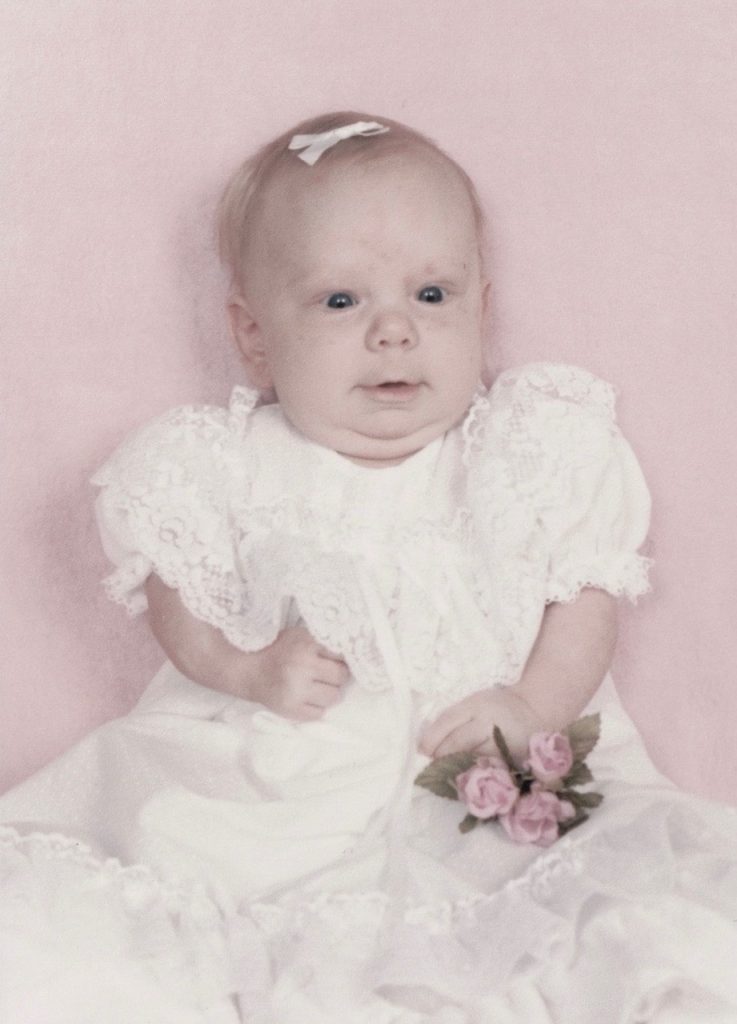
January 2020
By LMA
I often think about the circumstances under which I learned about intersectional feminism and Mormon feminism. I learned about intersectional feminism first, and not until I was almost 30 years old. I was raised in a deeply patriarchal and misogynistic family system where women’s thoughts, feelings, opinions, or expertise were/are not valued nor respected. I learned briefly about feminism as a family theory during college and intersectional feminism briefly during my Master’s program but I didn’t come to really understand it until my younger sister got engaged and then married. This has been an ongoing process since then.
The specific catalyst for learning about intersectional feminism was getting information about my body and sex. When my sister got engaged, it became culturally sanctioned in our faith for her to learn about sex and how bodies work. I knew very, very little about either. During a specific situation with our mom, I was asked to leave the physical space we were in because my sister had a question about partnered sex. As a never-married, single person (at 29 years old), I was told it “wasn’t appropriate” for me to hear, but it was for my 24 year old younger sister who had been married for one day.
After this situation happened, I used every ounce of righteous anger and assertiveness I had in my body and took it upon myself to read and learn about everything I could. At that point in my life, I didn’t have a lot of friends who I could talk to about what I was learning, so I did a lot of reading on my own and talked a lot about it in therapy. I read a lot of material about intersectional feminism and sex and bodies from The Body Is Not an Apology, Everyday Feminism, and Scarleteen. For months, I read and read and read (and still read and read).
Learning the correct terminology involved with intersectional feminism and how to talk about all of the varying intersections people embody is incredibly meaningful but hard work. In certain respects, it helped me describe the complexities of my own experience and helped me to understand the ways in which different areas of my identity and experience had impacted me. Learning about different forms of oppression is vital, and by extension, I realized learning about specific language and phrases to use and avoid was also extremely important. How many of these phrases and words had we used all our lives with people not understanding their meaning or what oppressive structures they were perpetuating?
Up until that point, I hadn’t had many opportunities to share my ideas with others or to actually talk about these ideas outside of therapy. Having a dialogue about important issues related to intersectional feminism generally and Mormon feminism specifically can be very hard and emotionally challenging, particularly in social media spaces. Over time, I started having these dialogues with others, both in-person and on social media. They continue to be both important and sometimes delicate, even with people I feel comfortable and safe with.
As I consider my situation, and the situation of many in my age group (early – late 30s), a lot of us were not taught about any of these things as young people growing up in conservative, Mormon families. Most parents of that generation were not open, liberal folk. They were doing and saying and teaching the things that were done and said and taught to them. As a result, many of us are learning these things completely on our own as adults. This work is hard and delicate and new.
Each of us has a valuable and evolving trajectory in intersectional feminism, Mormon feminism, and activism. We each have different histories and backgrounds. This diversity is a gift. I am not suggesting we accept willfully unkind/oppressive/unacceptable words or behavior, but it’s important to approach our own and others’ trajectories with grace as best we can, or hold space for the possibility of it.
So it’s said:
It’s okay if you weren’t born in an environment where you were taught from day one (or ever) the principles of intersectional feminism, activism, body positivity, sex positivity, or any other “woke” thing. We are not responsible for what we were taught/how we were raised, but we are responsible for how we choose to proceed now. We deserve compassion and support as we strive to learn and have dialogue with others about these important issues. We should not be expected to be perfect in this work.
During the next few months, I will be posting a short series on the role of grace and anger in Mormon feminism and specific ways we can combat perfectionism and oppression perpetuated toward one another in our interactions with other Mormon feminists in social media spaces and in-person.
Some questions to consider:
How did you learn about intersectional feminism generally and Mormon feminism specifically? What is your origin story?
What information would you want others to know about your story and how it impacts the work you’re doing as a feminist/ activist/ individual?
Have there been times when you felt misunderstood in your feminism or in your dialogue with others? In those situations, what would have been helpful to you?


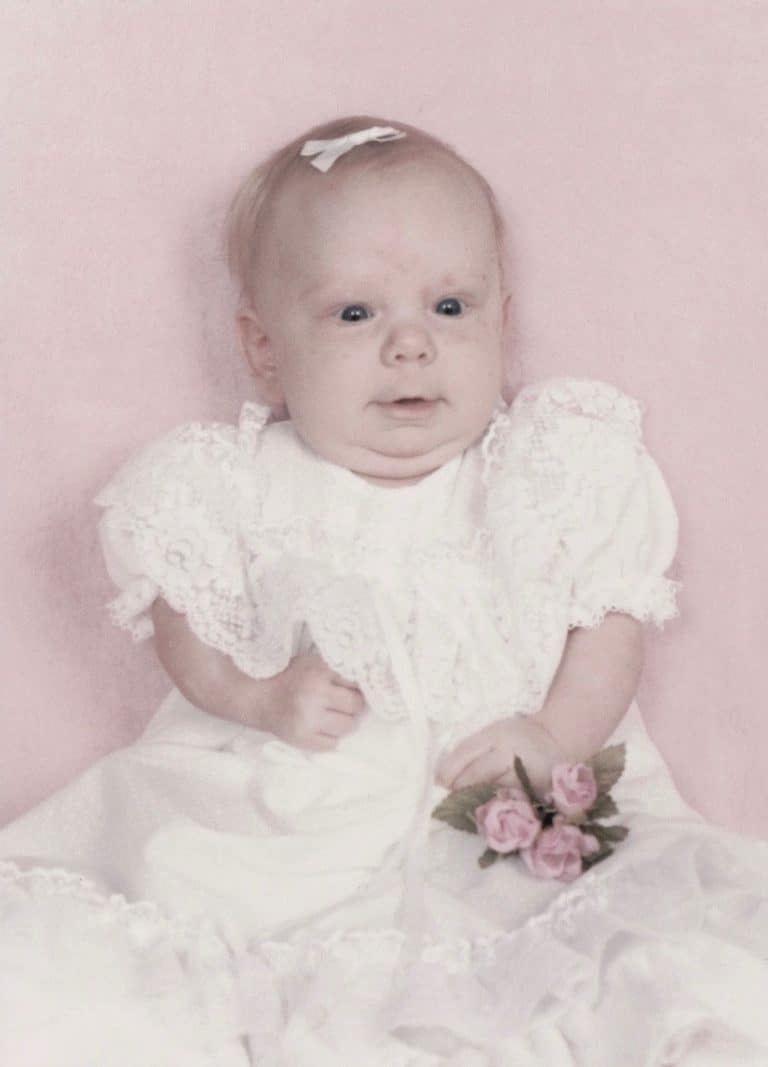
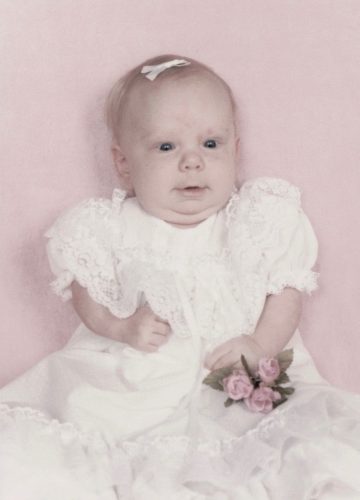
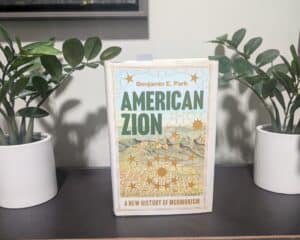
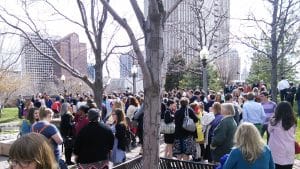
9 Responses
I think after the age of 30 you should jus go ahead and have sex. Life is just too short to wait forever. Even as an LDS.
I’m in a similar age bracket and I wasn’t taught about most of these things in my family either. I was fortunate to grow up outside the Utah bubble, but most of what I knew about feminism came from disparaging jokes made by family members. It’s a learning curve and we all deserve patience and kindness as we do the work of unpacking old ideas and making space for new ones.
Looking forward to this!
LMA my parents didn’t even talk to me about sexuality when i got married. so glad to have found a space where we can talk about all the things and continue learning. looking forward to where you go with grace and anger over the coming months
Looking forward to this series. I have personally hesitated to participate in Mormon feminist spaces, such as the Exponent Facebook group for fear of saying something WRONG. It’s not that I don’t want to be corrected when I say something that is potentially hurtful, or that maybe I didn’t take into consideration the perspective of others, I absolutely do. I recognize that I have a limited and privileged perspective. But I rarely see thoughtful, compassionate kind correction–the correction is always anger and accusations of invalidation and poor intentions.
And if you ask for less harsh correction an behalf of another poster, you get accused of “policing tone.”
I am alright with people spewing anger if that is what they want, but it really bothers me when someone is trying to improve or is willing to make themselves vulnerable, and they get blasted by several people. I value allies and nobody wants to be a friend of the movement if they get harsh treatment for not being perfect in their behavior. We all have our own battles, so if we just get blasted for trying, why get involved in another group’s battles, which is what intersectional feminism asks us to do.
So, yeah, I understand being afraid to jump into these conversations even if you’ve been a feminist for 50 years, let alone a beginner coming from a background of being raised in a racist, sexist church.
And I guess I am not being helpful. Sorry.
Help me understand because I think I am missing the point you are trying to make about intersectionalism. What I got out of the OP is that Mormons are sexually repressive. Yep, agreed, 100%. I’m trying to connect that to feminism. My impression of Mormonism and sexuality is that both male and female are denied the acceptable freedom to discuss, question, explore, and understand the basics of their bodies. What am I missing?
Exactly No More. And on top of that Americans in my experience still have a very puritine (do you write it like that?) mindset. That also doesn’t help.
For instance, over here in Europe we don’t have the same kind of rating for movies. In church here that has never been a point of discussion what you can or cannot watch.
[…] wrote this past month on the blog about my experiences learning about intersectional and Mormon feminism. I want to talk […]